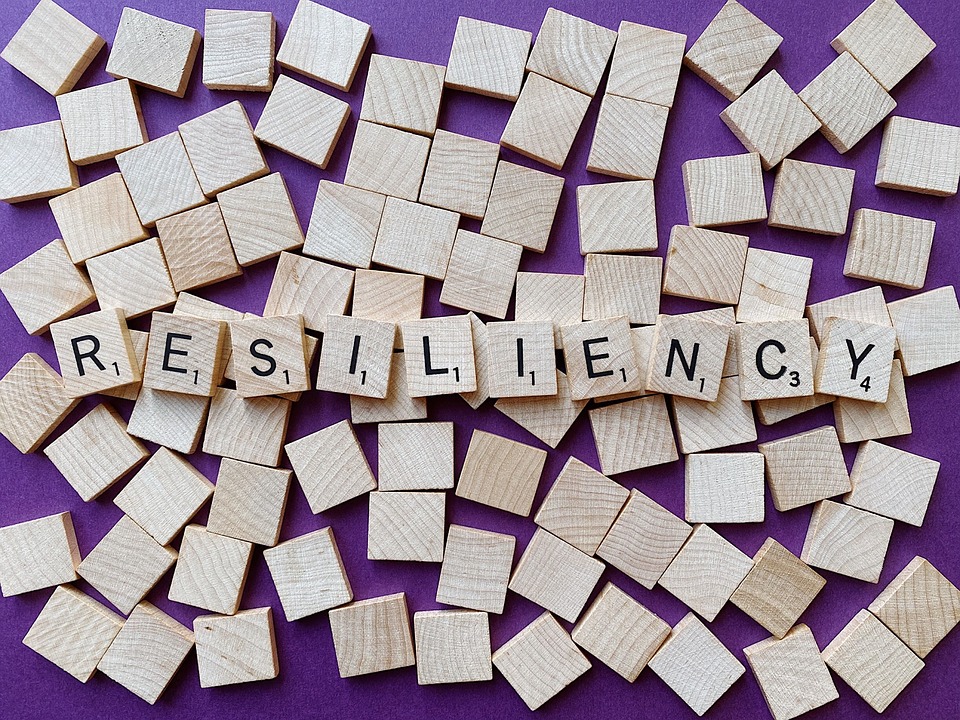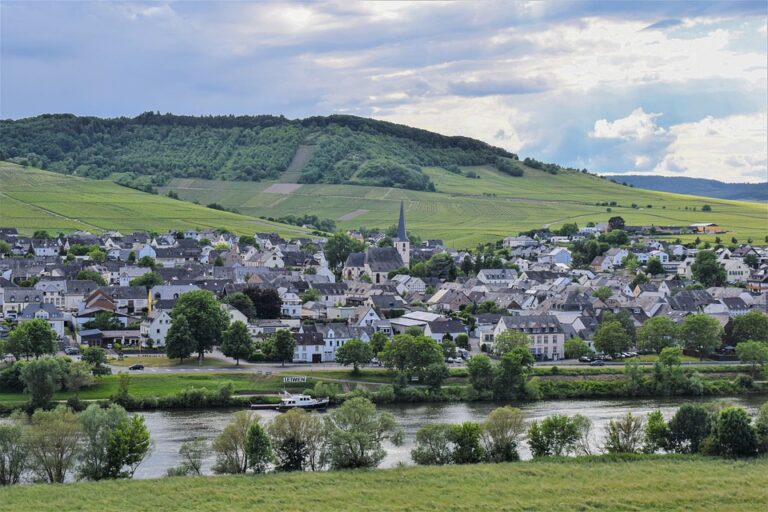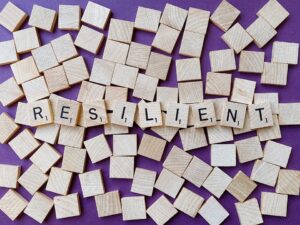The Impact of Economic Changes on Russian Rural Communities
Russia has one of the largest rural populations in the world, with approximately 22% of its population living in rural areas. The rural communities play a crucial role in the country’s economy, providing food and raw materials for the urban population and contributing to the overall economic growth of the nation. However, in recent years, these rural communities have been facing significant challenges due to the economic changes in the country.
Decline in Agricultural Sector
One of the major impacts of economic changes on Russian rural communities is the decline in the agricultural sector. Historically, agriculture has been a key driver of the rural economy in Russia, with the country being one of the world’s largest producers of wheat, barley, and other crops. However, in recent years, the agricultural sector has been facing a number of challenges, including declining productivity, lack of modernization, and competition from imported goods.
As a result, many rural communities that rely on agriculture for their livelihoods have been struggling to make ends meet. This has led to a decline in the population of rural areas as young people move to urban areas in search of better economic opportunities. The decline in the agricultural sector has also had a negative impact on the overall economy of Russia, with the country’s GDP growth slowing down in recent years.
Unemployment and Poverty
Another major impact of economic changes on Russian rural communities is the rise in unemployment and poverty. With the decline in the agricultural sector, many rural residents have lost their jobs and are struggling to find new employment opportunities. This has led to an increase in poverty levels in rural areas, with many families living below the poverty line.
The rise in unemployment and poverty has had a number of negative consequences for rural communities, including an increase in crime rates, substance abuse, and social unrest. In addition, the lack of economic opportunities in rural areas has led to a brain drain, as young and educated individuals move to urban areas in search of better prospects. This has further exacerbated the economic challenges facing rural communities in Russia.
Lack of Infrastructure and Services
One of the key challenges facing rural communities in Russia is the lack of adequate infrastructure and services. Many rural areas lack basic amenities such as electricity, clean water, and healthcare facilities. This has made it difficult for residents to access essential services and has further hindered economic development in these areas.
The lack of infrastructure and services in rural areas has also led to a decline in the quality of life for residents, with many facing difficulties in accessing education, healthcare, and other essential services. This has further contributed to the economic challenges facing rural communities in Russia and has hindered their ability to compete in the modern economy.
Government Initiatives and Solutions
Recognizing the challenges facing rural communities in Russia, the government has initiated a number of programs and policies to address these issues. One such initiative is the Rural Development Program, which aims to improve infrastructure, create jobs, and promote economic development in rural areas. The program includes measures to modernize the agricultural sector, improve access to services, and support small businesses in rural communities.
In addition, the government has also introduced social welfare programs to support vulnerable populations in rural areas, such as low-income families, the elderly, and individuals with disabilities. These programs provide financial assistance, healthcare services, and other forms of support to help residents cope with the economic challenges they face.
Conclusion
In conclusion, the economic changes in Russia have had a significant impact on rural communities in the country. The decline in the agricultural sector, rise in unemployment and poverty, lack of infrastructure and services, and other challenges have created a difficult environment for residents of rural areas. However, with the government’s initiatives and support, there is hope for the revitalization of rural communities and the improvement of their economic prospects in the future.
Overall, it is important for the government, private sector, and civil society to work together to address the economic challenges facing rural communities in Russia and to create sustainable and inclusive growth opportunities for residents of these areas.





